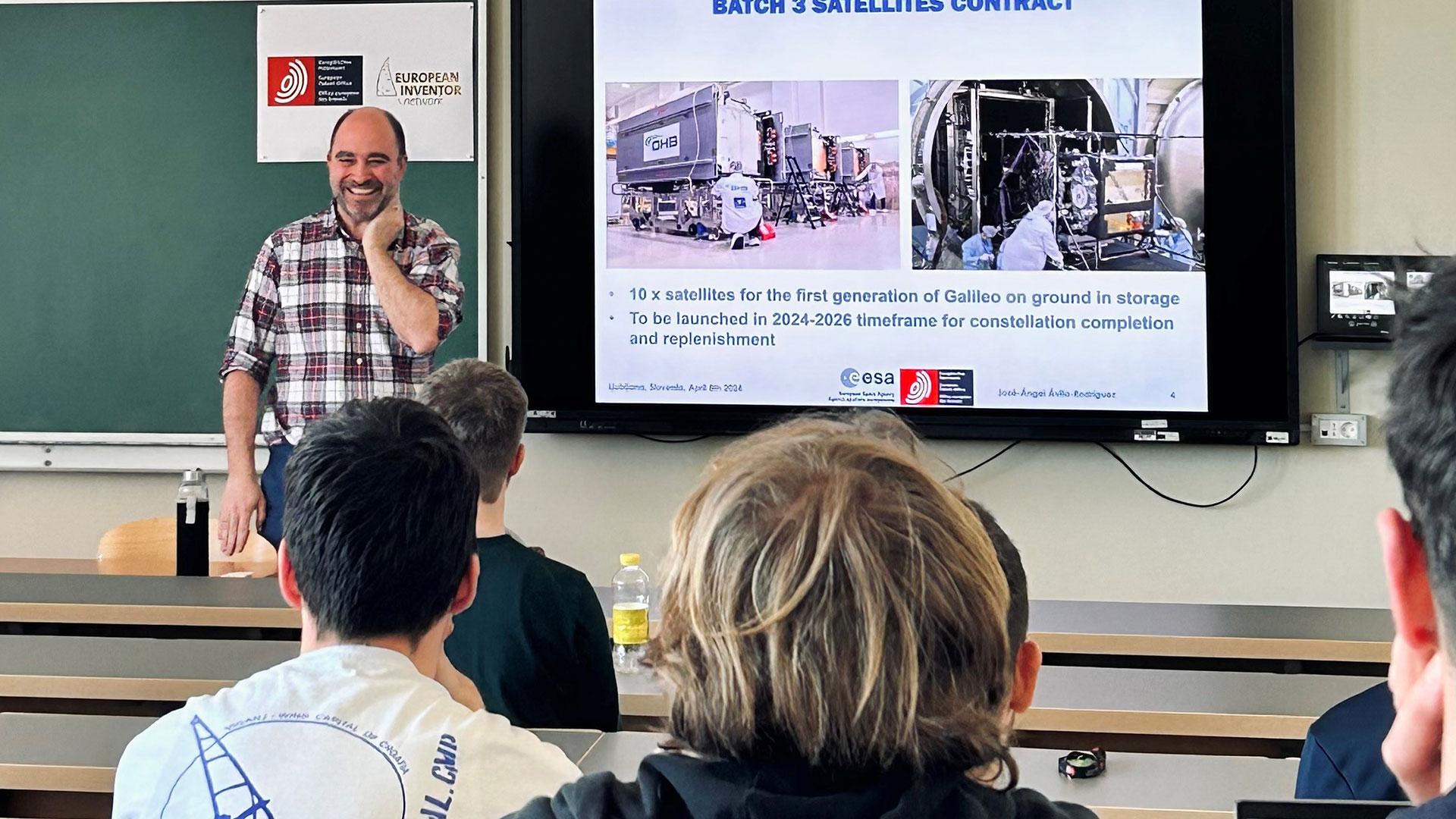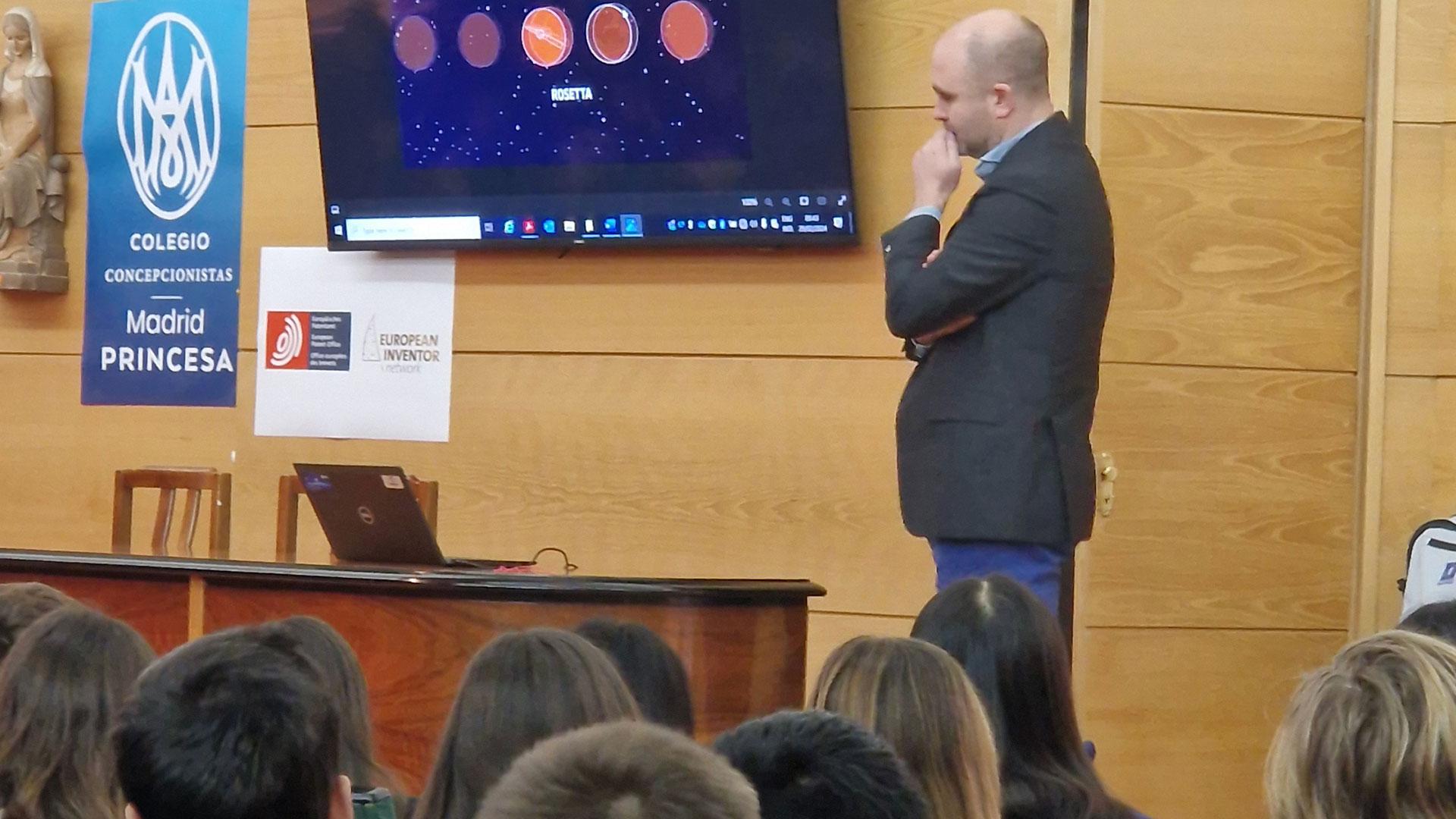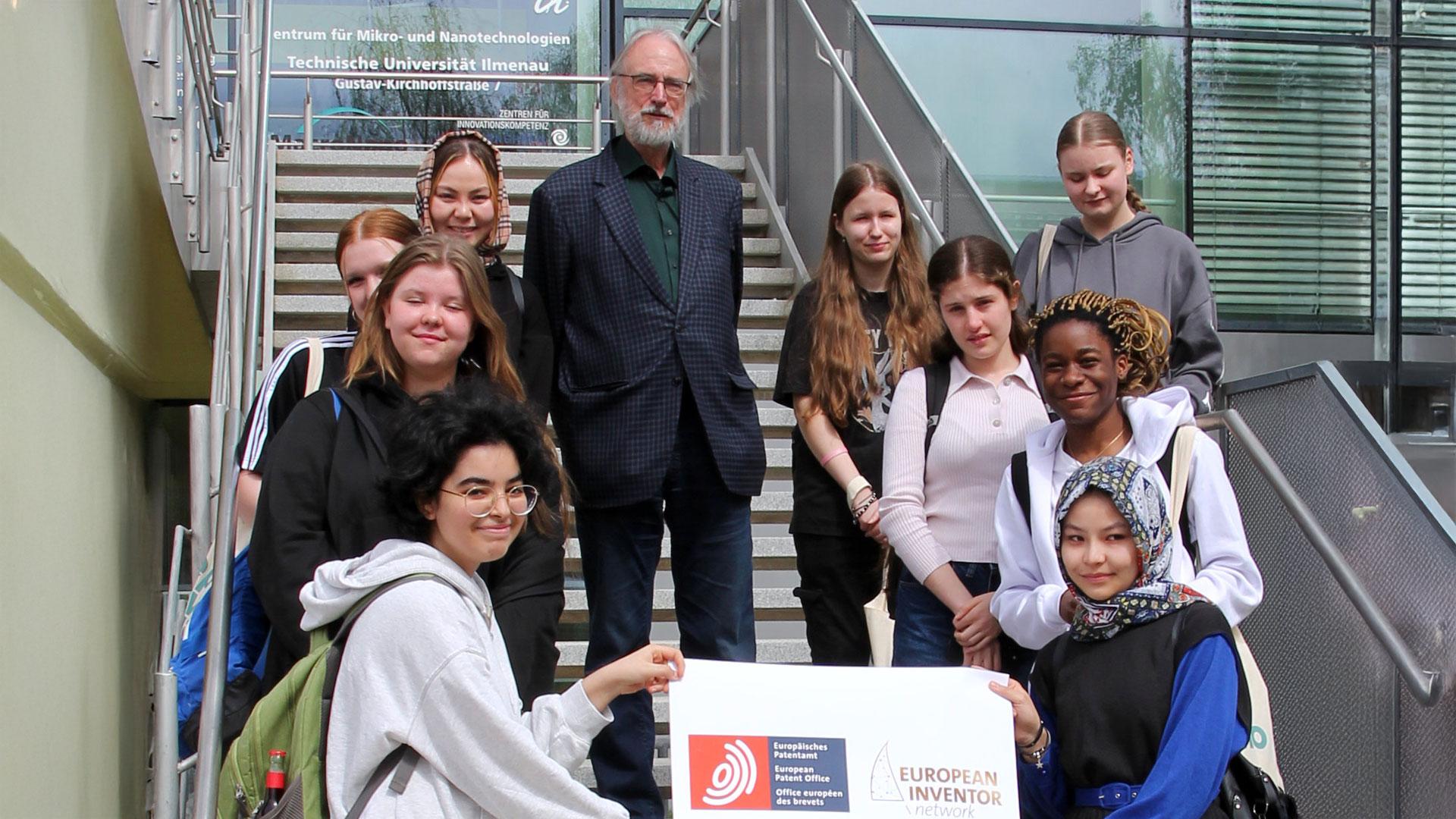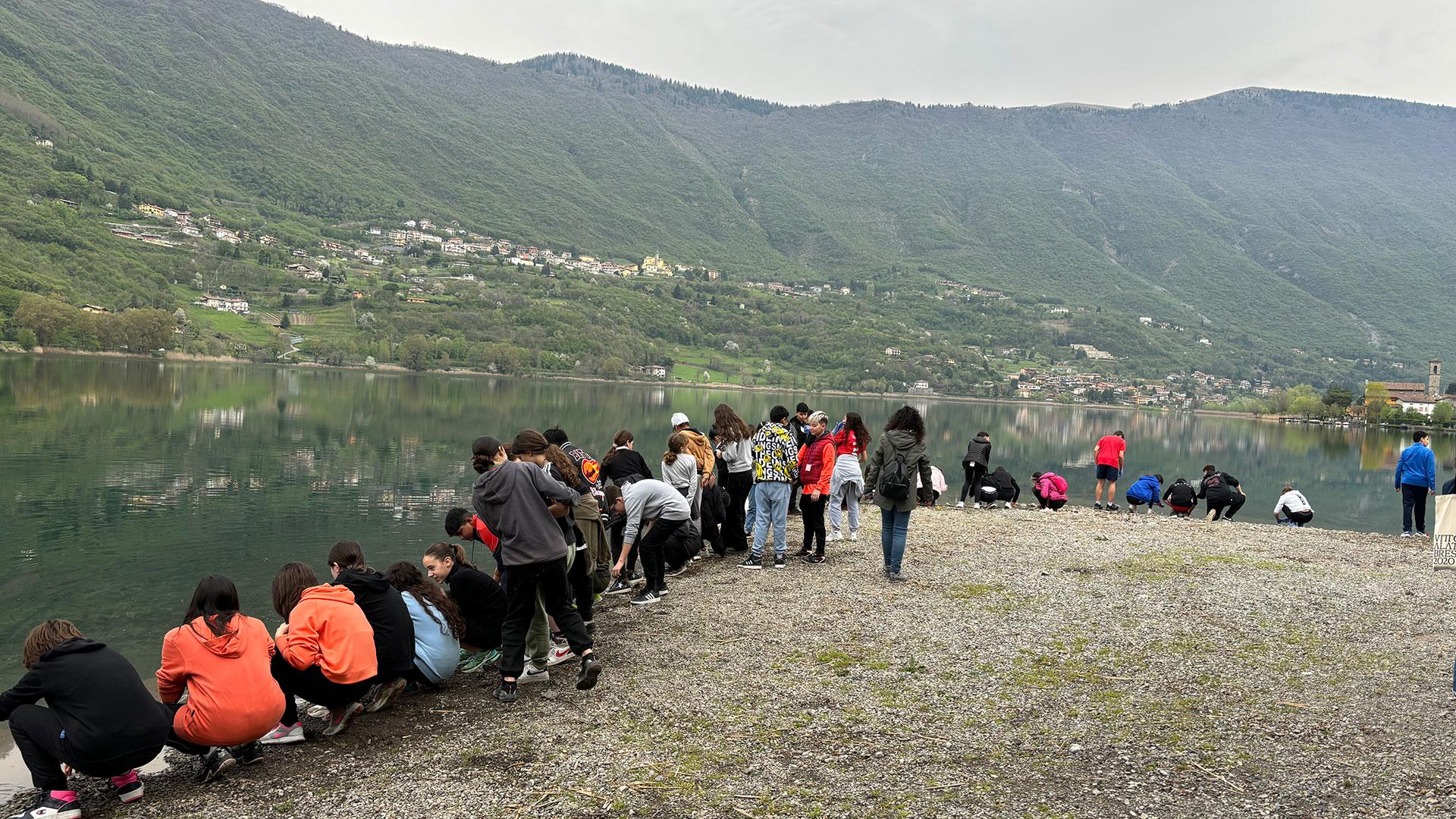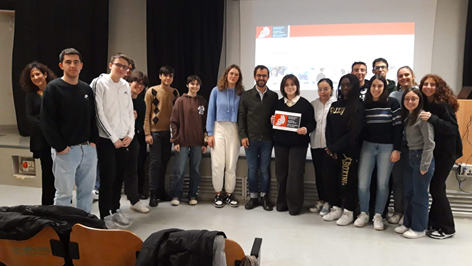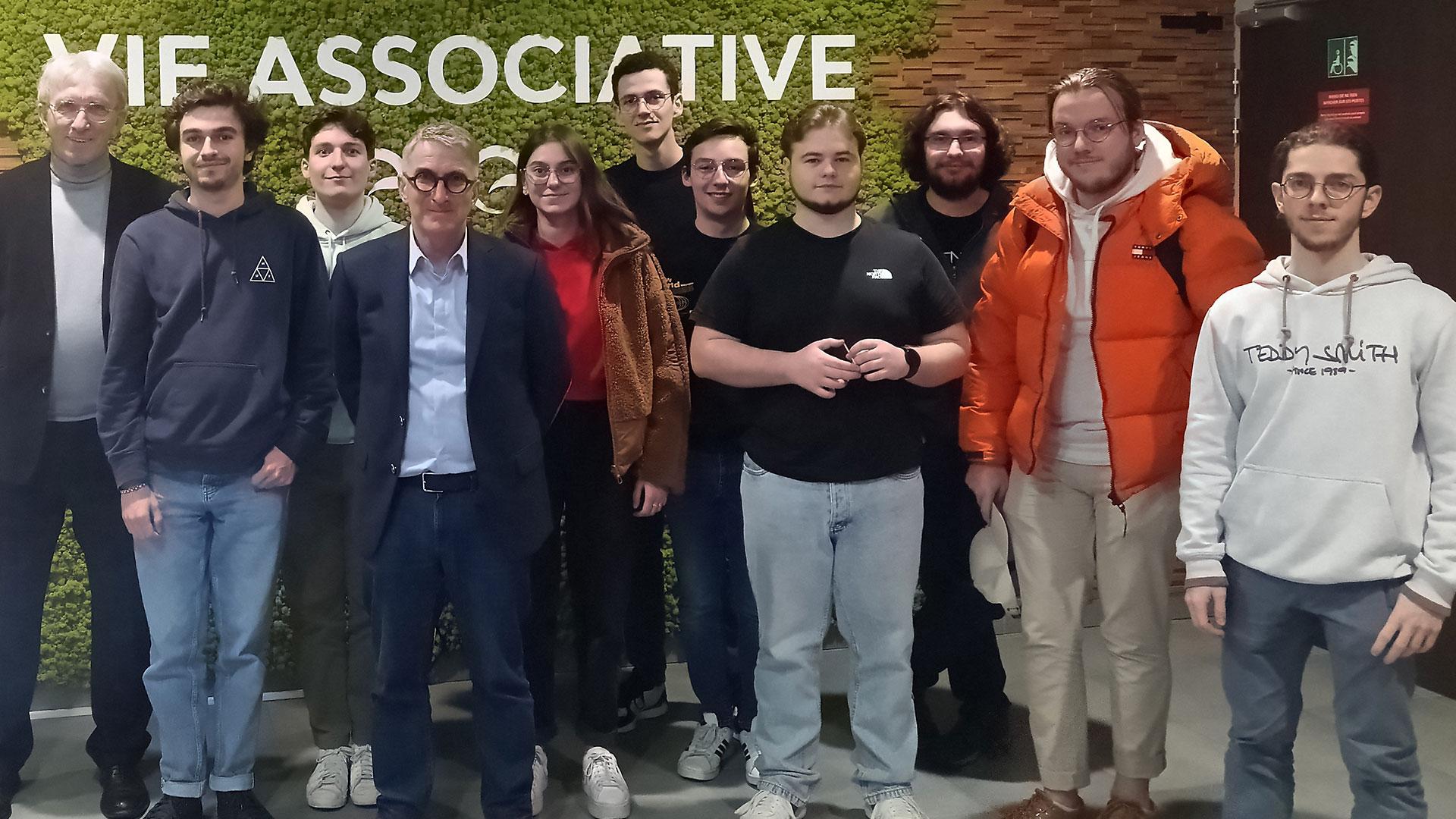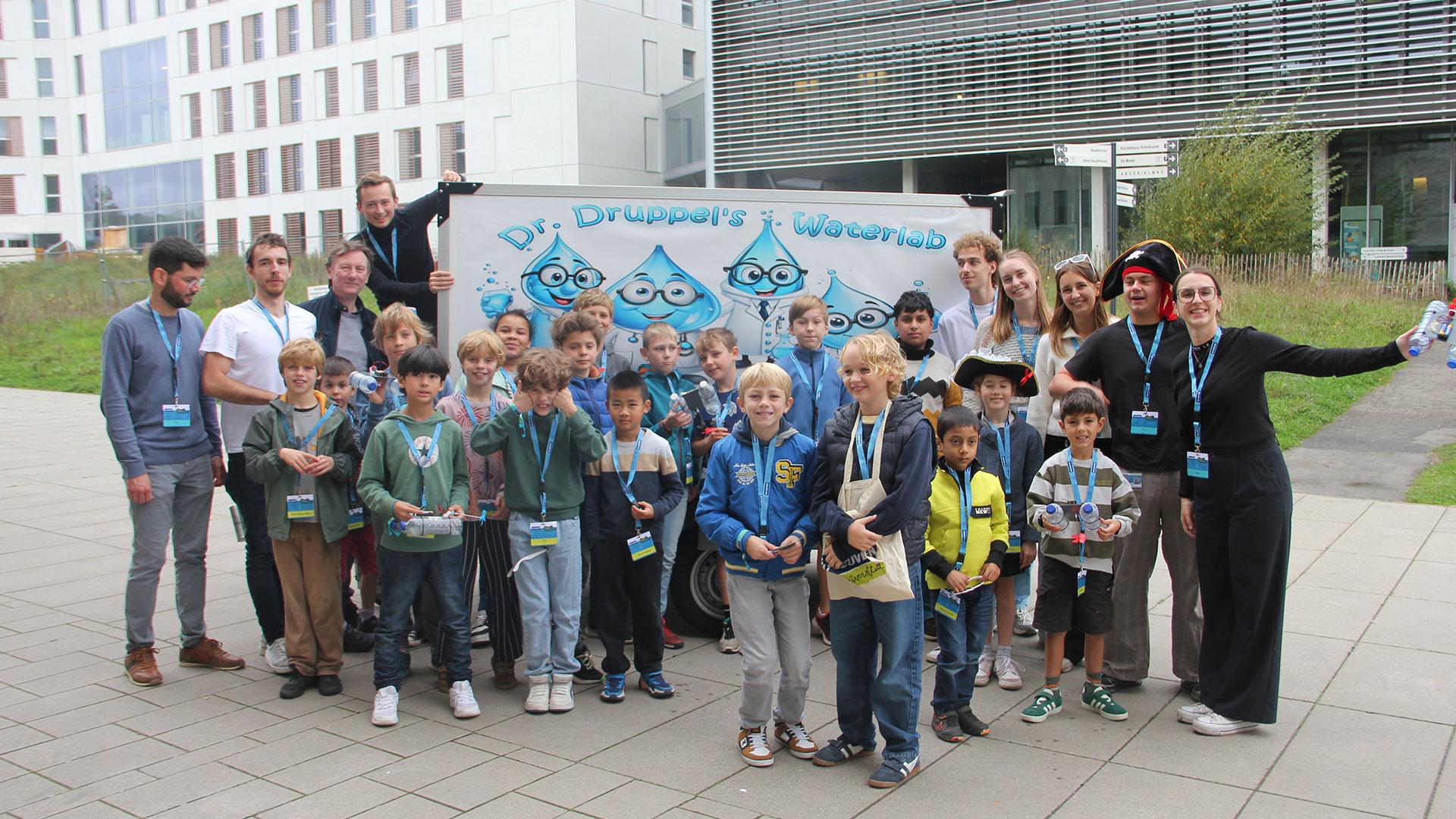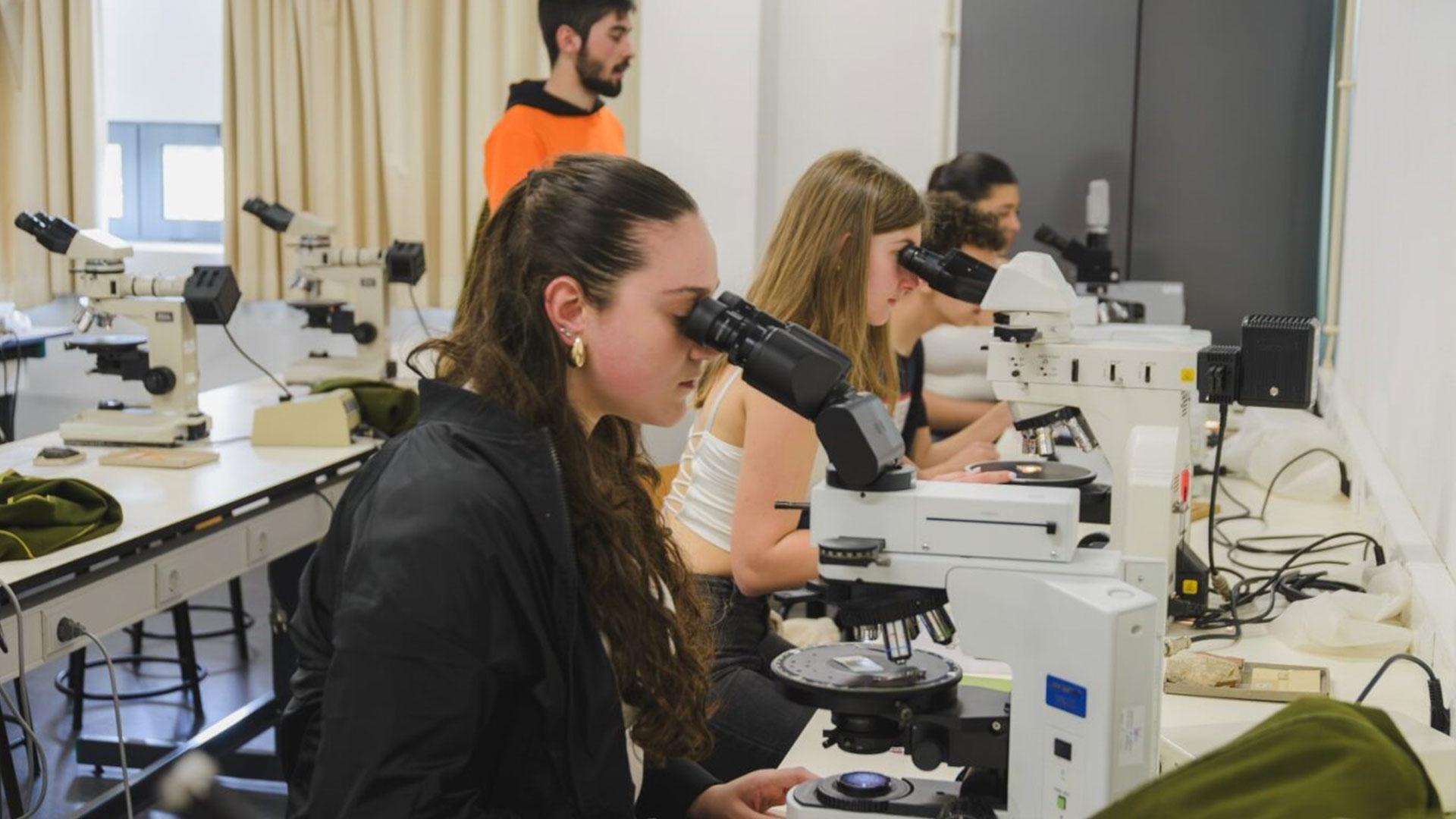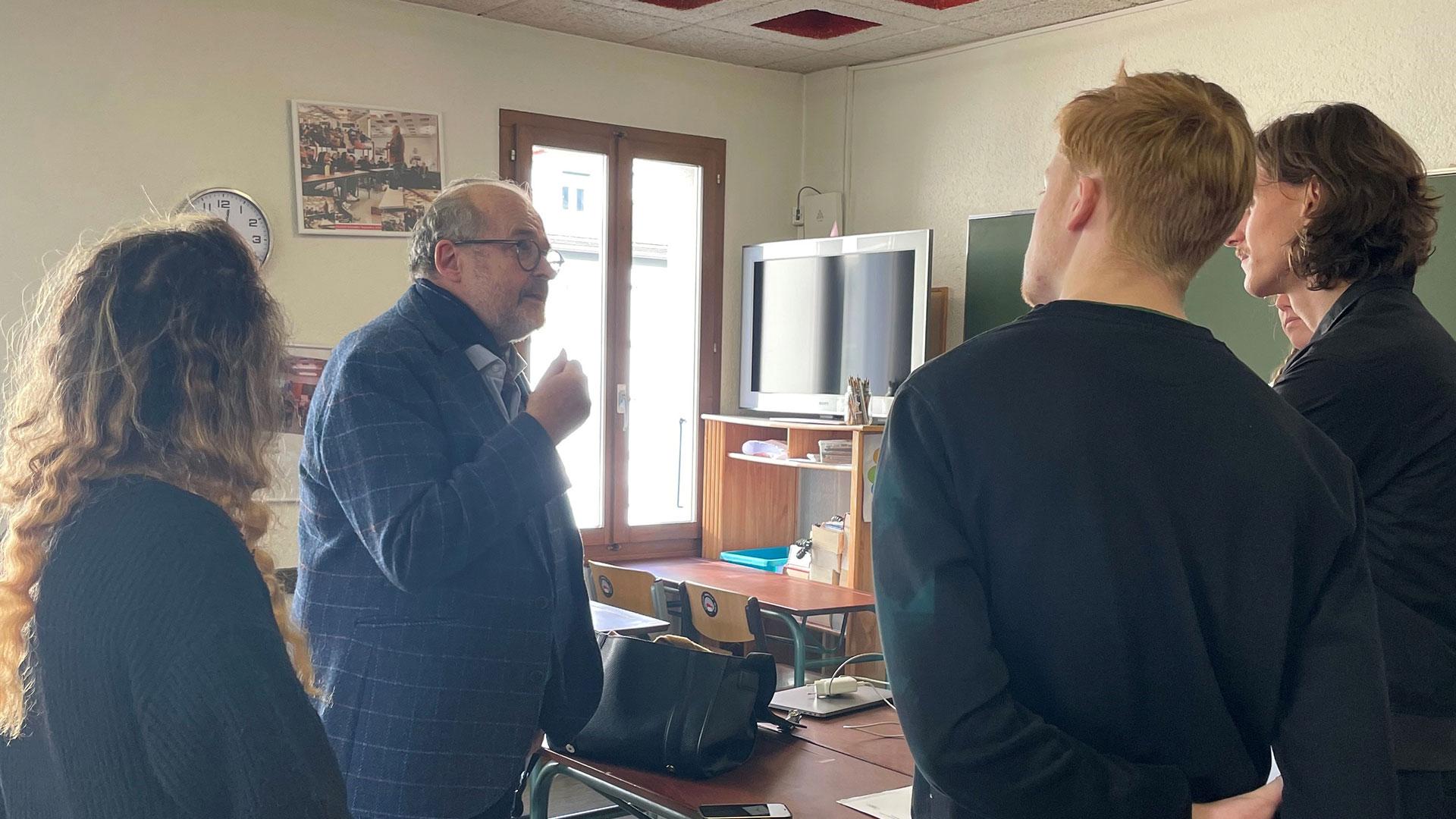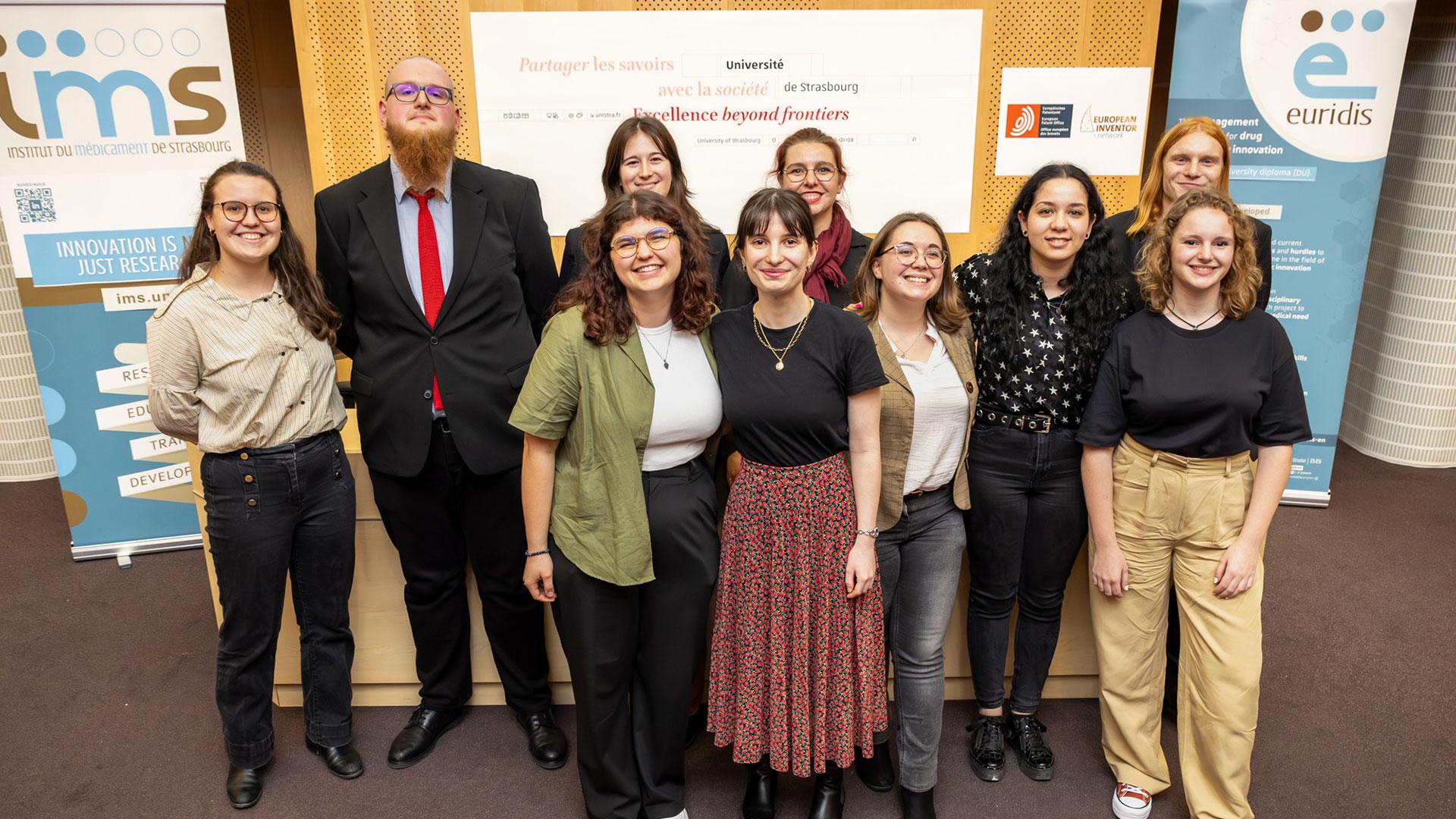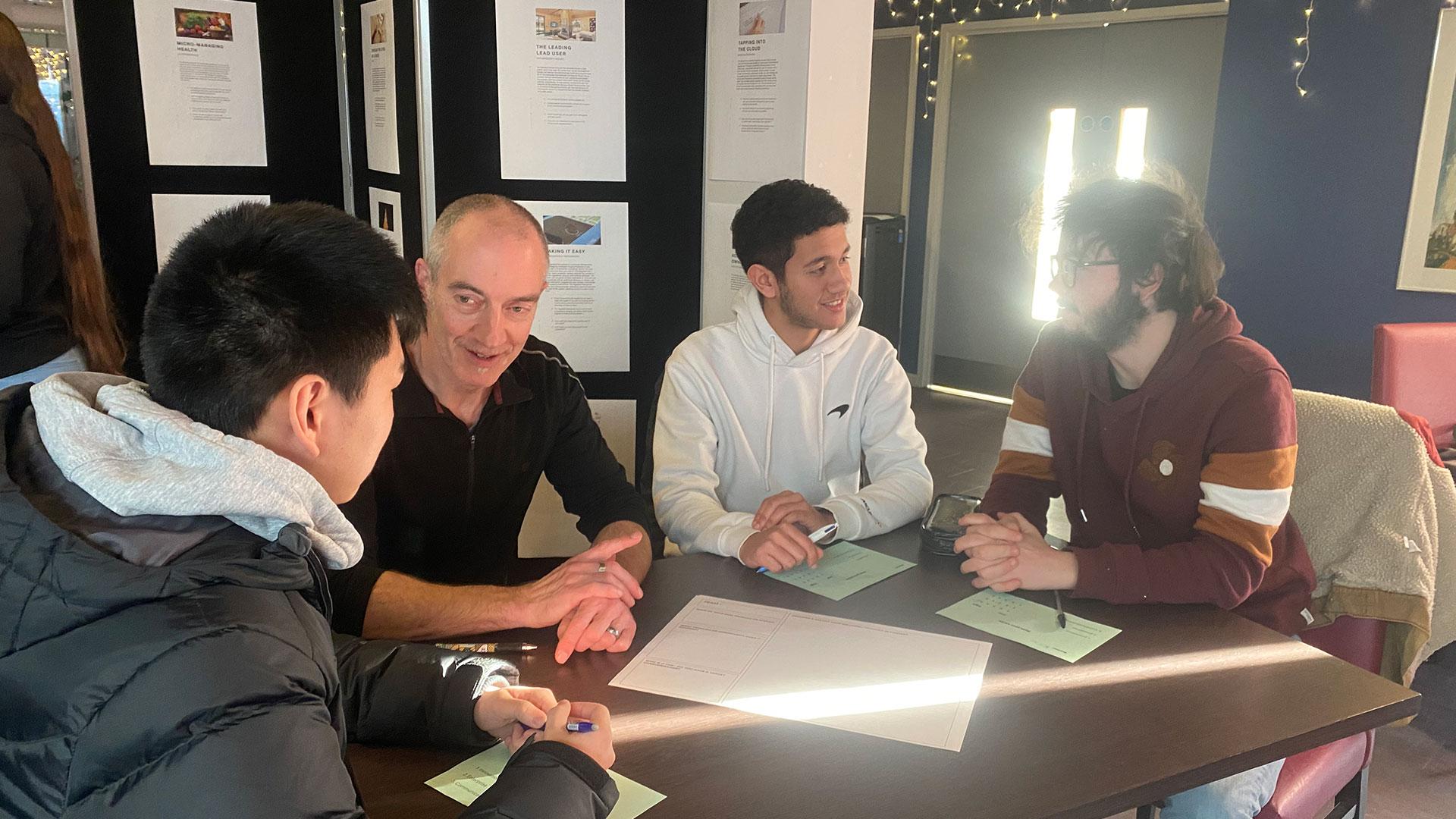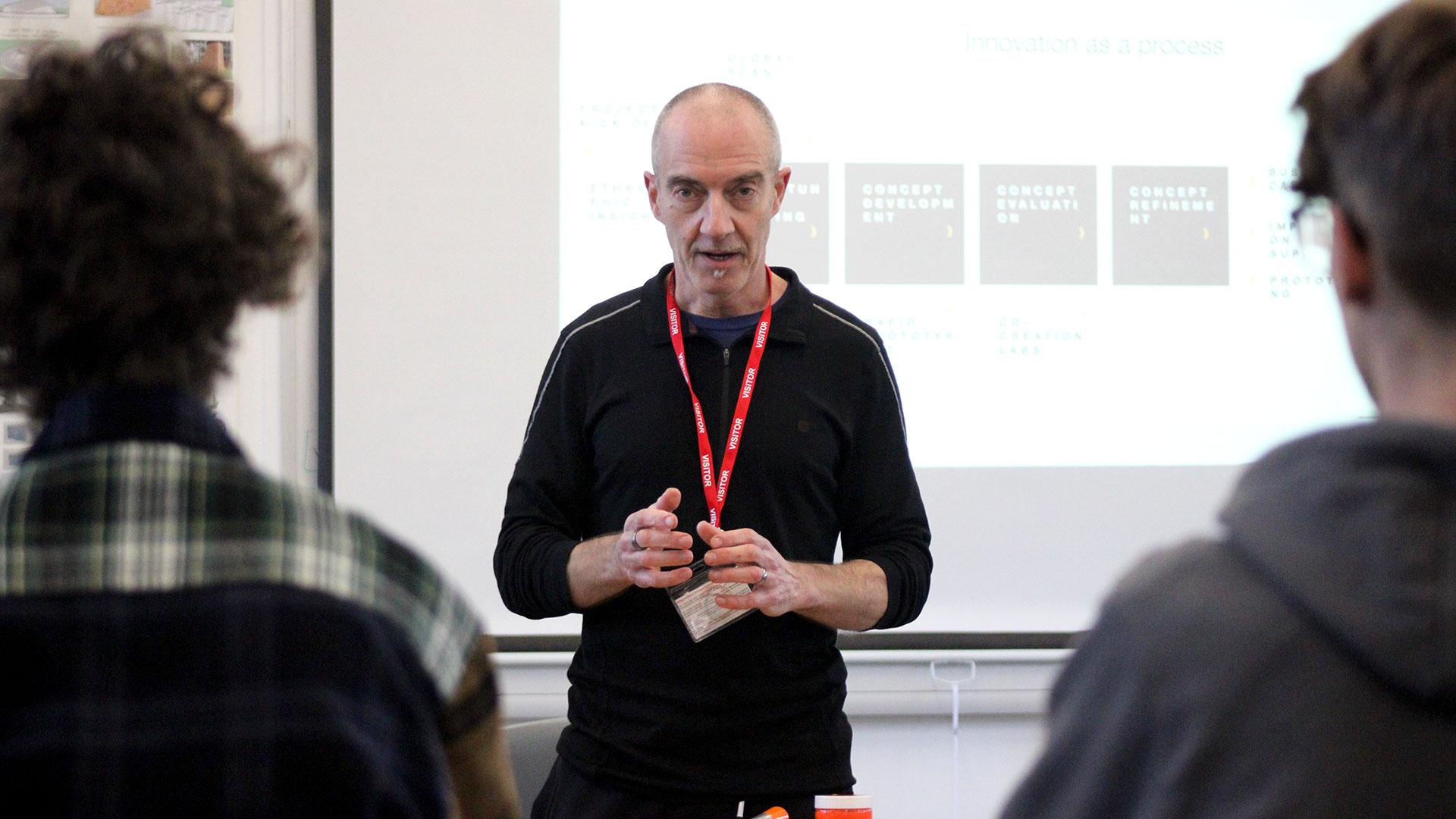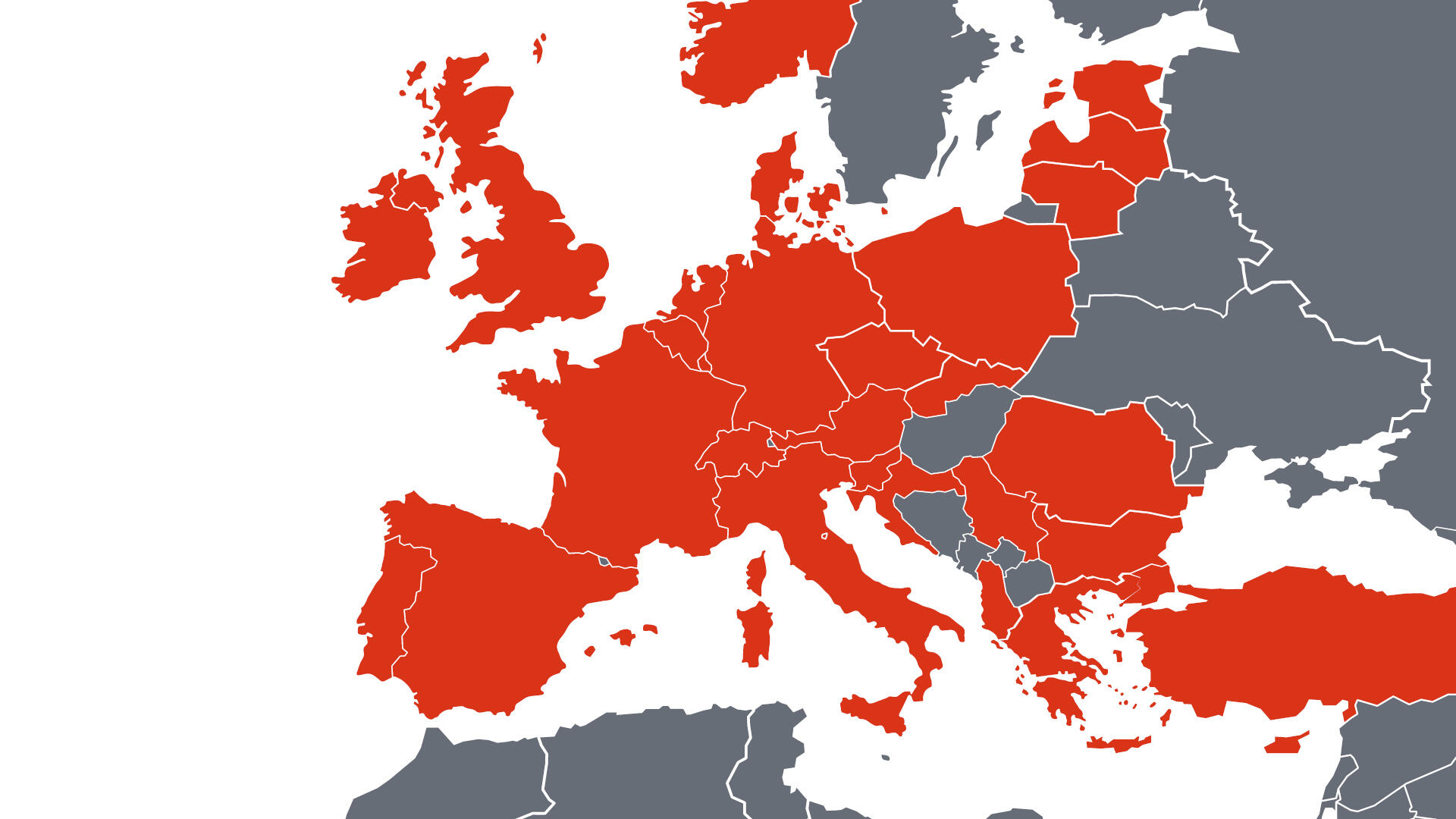European Inventor Network
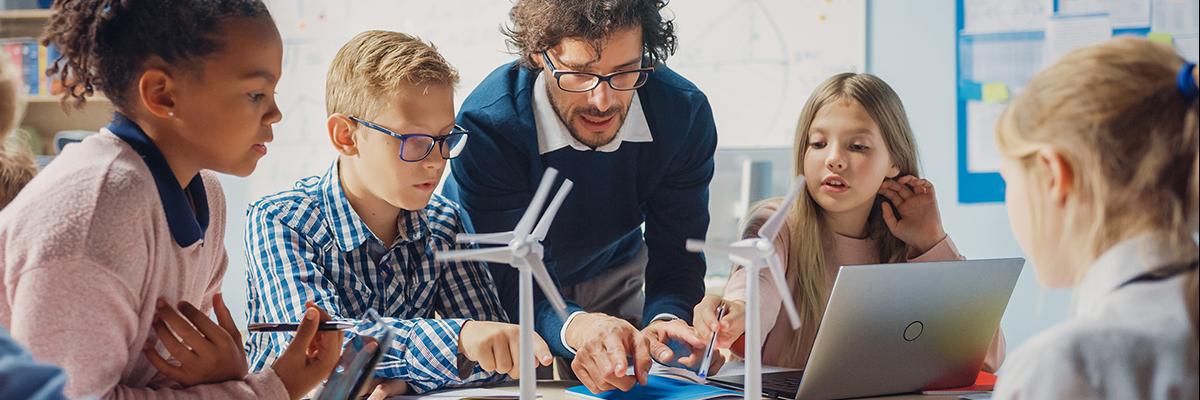
The European Inventor Network aims to awaken a lifelong passion for innovation and creativity among younger generations.
Just as we are responsible for leaving a safe and sustainable world to our children, they are the ones who will shape the planet in decades to come. At this crucial period in the history of humankind, it is vital to pay it forward, to equip young people with the knowledge they will need when they become the planet's custodians. Innovation will be essential to their mission.
Through the European Inventor Network, we aim to empower young people to unleash their creativity and discover the wonders of science and technology. Inspired and equipped with knowledge, the next generation can begin to pave the way to a brighter future for all.
The Network's members are inventors and inspiring personalities, making them ideal role models to show school children and students that innovation, in all its form, is for everyone.
To reach this objective, the Network will financially support the Network members for implementing activities to inspire young generations and encourage creativity among children in schools and teenagers in secondary education. Members may propose any activity they feel will spur a long-term interest in technical fields (STEM) and foster an entrepreneurship mindset ("call for inspiring activities" step).
An internal selection committee will select the activities and grant EUR 2 000, EUR 4 000 or EUR 6 000 based on the impact and outreach of the selected activities.
The European Inventor Network members will implement and report on the activities within a predefined timeframe.
Form for proposing inspiring activities (Proposals can be submitted again starting in 2026)
The European Inventor Network in videos and podcasts
European Inventor Network celebrates its 1-year anniversary
Visit of the company of Rochelle Niemeijer, winner of the Young Inventors Prize 2024, by school girls
Innovation workshop on water capture with Johan Martens
Conference in space electronics at the Lycée Français of Vienna
The European Inventor Network – reaching out to more children in Europe
Inspiring youth all across Europe
Inventors share the power of science and innovation with young audiences
Curiosity, courage and the European Inventor Network
